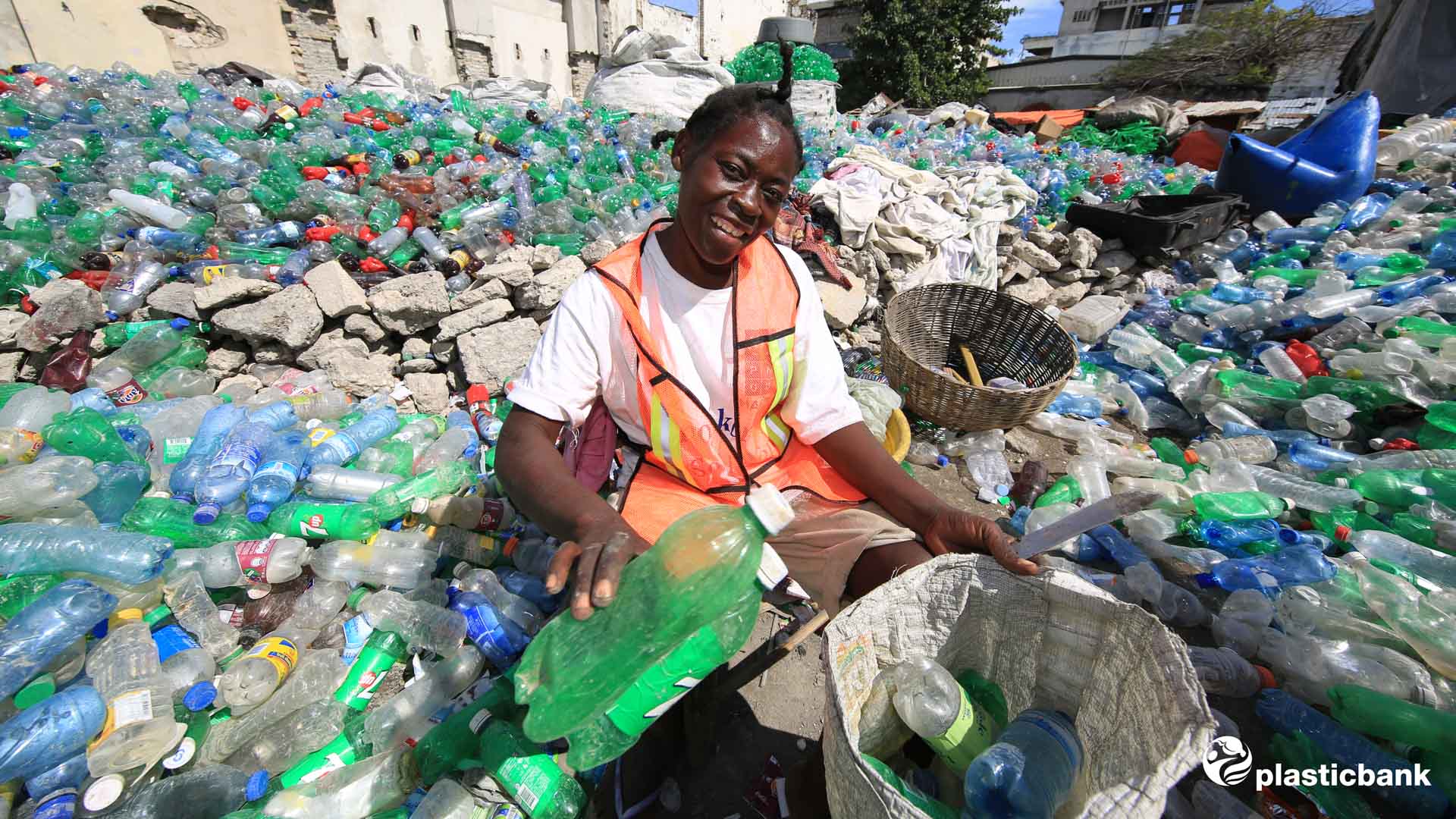Stopping plastic waste from entering the oceans
Over 8 million tons of plastic waste end up in the sea every year. Especially developing countries often lack infrastructure for proper waste disposal.
Stopping ocean plastic while improving the lives of those who are most affected - this is the approach taken by the Plastic Bank. In Haiti, Indonesia, Brazil, and the Philippines, people collect plastic waste. At local collection points, they can exchange it for money, food, drinking water, or even school fees. The project makes sure that less plastic ends up in the sea. Instead, it is recycled and turned into so-called Social Plastic, which serves as raw material for new products such as packaging.
The carbon compensation is done via a Gold Standard project, a wind farm in the Philippines: www.climatepartner.com/1091, or our wind power project in Aruba: www.climatepartner.com/1040. For each compensated tonne of CO2, 10 kg of plastic waste is collected.
How do clean oceans contribute to climate protection?
The ocean stores a quarter of the CO2 from the atmosphere and even 93 percent of the heat caused by the greenhouse effect - making it a major brake on climate change. Warming, overfishing, pollutants, and waste endanger this balancing function. Several initiatives prevent plastic waste from entering the sea and thus indirectly protect the climate. Because these activities do not generate verified emission reductions, ClimatePartner supports ocean protection initiatives in combination with internationally recognized carbon compensation projects. This allows for climate friendliness and ocean protection at the same time.





